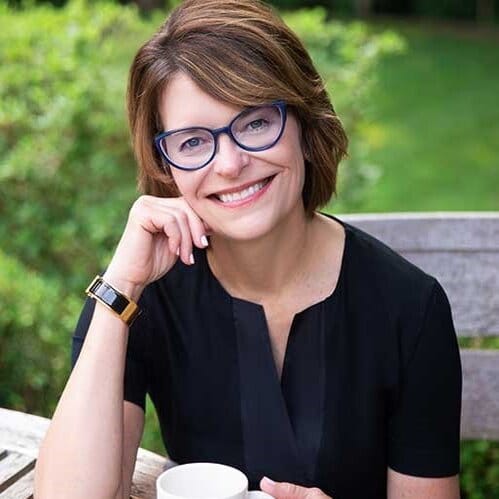Balancing our Resiliency Reservoirs with Dr. Laura Berenstain
In this episode, we talk to Dr. Laura Berenstain about our reservoirs of resiliency, toxic altruism in the health care community, and why scrolling social media is not the same thing as connection.
